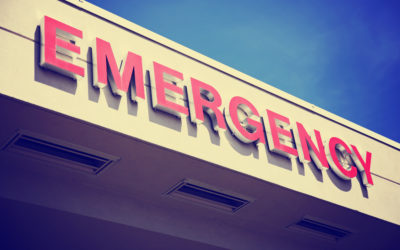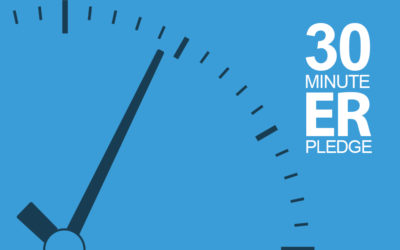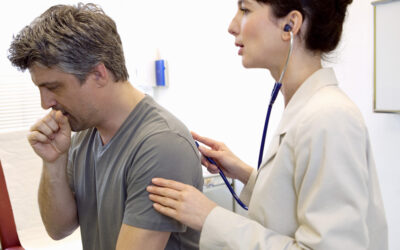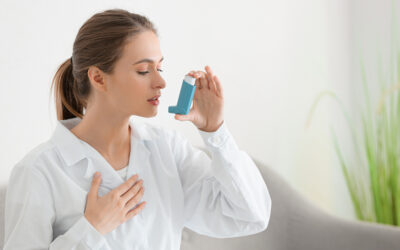Fever-Adult
A fever is a body temperature of 100.4°F or higher. Mild or short-term fevers typically don’t need treatment and often go away on their own. However, high or prolonged fevers can lead to dehydration and may be a sign of a more serious condition.
How to Check for a Fever
Use a thermometer and keep in mind that temperature may vary based on:
- Age
- Time of day
- Measurement method (mouth, rectum, ear, underarm, forehead)
Home Care Tips
- Take over-the-counter or prescription medications only as directed.
- Complete the full course of antibiotics if prescribed.
- Rest and stay hydrated (urine should be pale yellow).
- Use room-temperature baths or sponge baths to help cool down. Avoid cold water.
- Avoid heavy clothing or excessive blankets.
- Stay home until your fever is gone for at least 24 hours without medication.
Call a Doctor If You:
- Have vomiting or diarrhea that doesn’t improve
- Can’t eat or drink without vomiting
- Have painful urination
- Notice new or worsening symptoms
- Have a rash
- Show signs of dehydration (dark urine, dry mouth, weakness)
Seek Emergency Care If You:
- Are short of breath or have chest pain
- Feel dizzy, confused, or faint
- Have severe abdominal pain
Call 911. Do not wait to see if symptoms go away or attempt to drive yourself.
This information is not intended to replace professional medical advice. Please consult your healthcare provider with any questions.
Related Services and Conditions
ER
In a medical emergency, every minute matters. That’s why we work diligently to have you initially seen by a medical…
ER 30 Minute Pledge
In a medical emergency, every minute matters. That’s why, at Evanston Regional Hospital, we work diligently…
ER Directions
Health care starts with you. If you’re experiencing symptoms, it’s up to you to pay attention and decide how to respond…
ER Team
Valley View Emergency Physicians is now providing care at Evanston Regional Hospital. Most of the physicians are…
ER Visit
A trip to the ER can often be stressful or scary- but it doesn’t have to be. A few minor preparations can help your visit go…
When to go to the ER
Minor illnesses can often wait, but some symptoms always demand immediate medical attention. These can include…
Chronic Obstructive Pulmonary Disease (COPD)
Chronic Obstructive Pulmonary Disease (COPD) Chronic obstructive pulmonary disease (COPD) is a...
Abdominal Pain
Abdominal Pain in Adults When to Monitor at Home—and When to Seek Medical Help Abdominal (belly)...
Asthma
Asthma: Know the Signs, Manage the Triggers, Get Help Fast Asthma is a chronic condition that...
Chest Pain
Chest Pain: When to Seek Emergency Care Chest pain can have many causes. Some are life-threatening...










